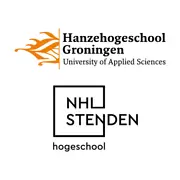About the PIMDI-project
Drawing on the resources available in the field of arts education, this Erasmus+ strategic partnership aims to develop a mode of education: the pedagogy of imaginative dialogues. This pedagogy takes the (potential) tension between incompatible differences as a productive and engaging starting point in order to open up a dialogical ‘third space’ between them. The aim is not to overcome or mediate these differences, but to let them co-exist in a shared ‘third space’ in which the contrast between them can be played out in a fruitful and non-violent manner. The project develops a framework that allows arts educators in various contexts to set up an imaginative dialogue that responds to the local situation at hand.
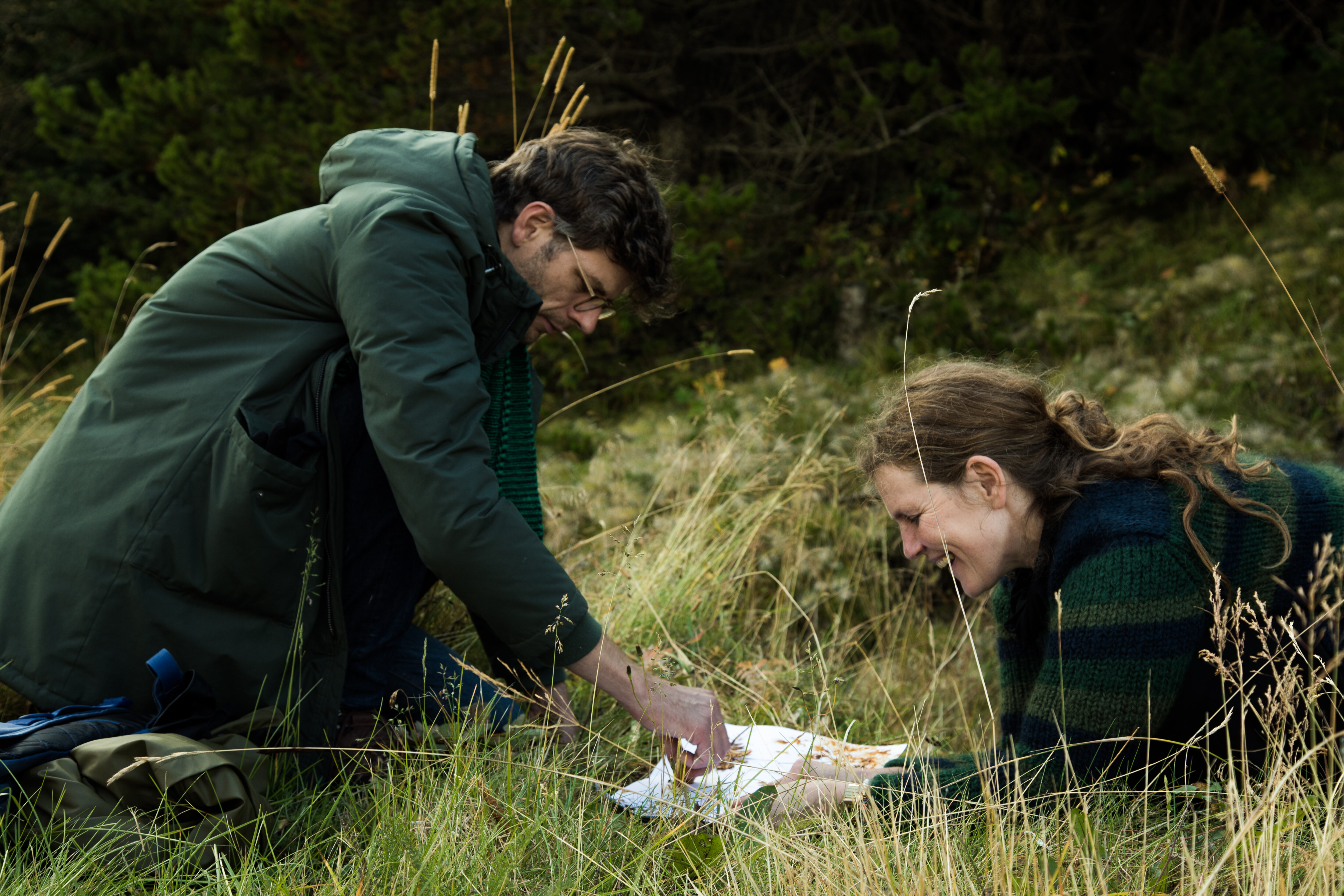
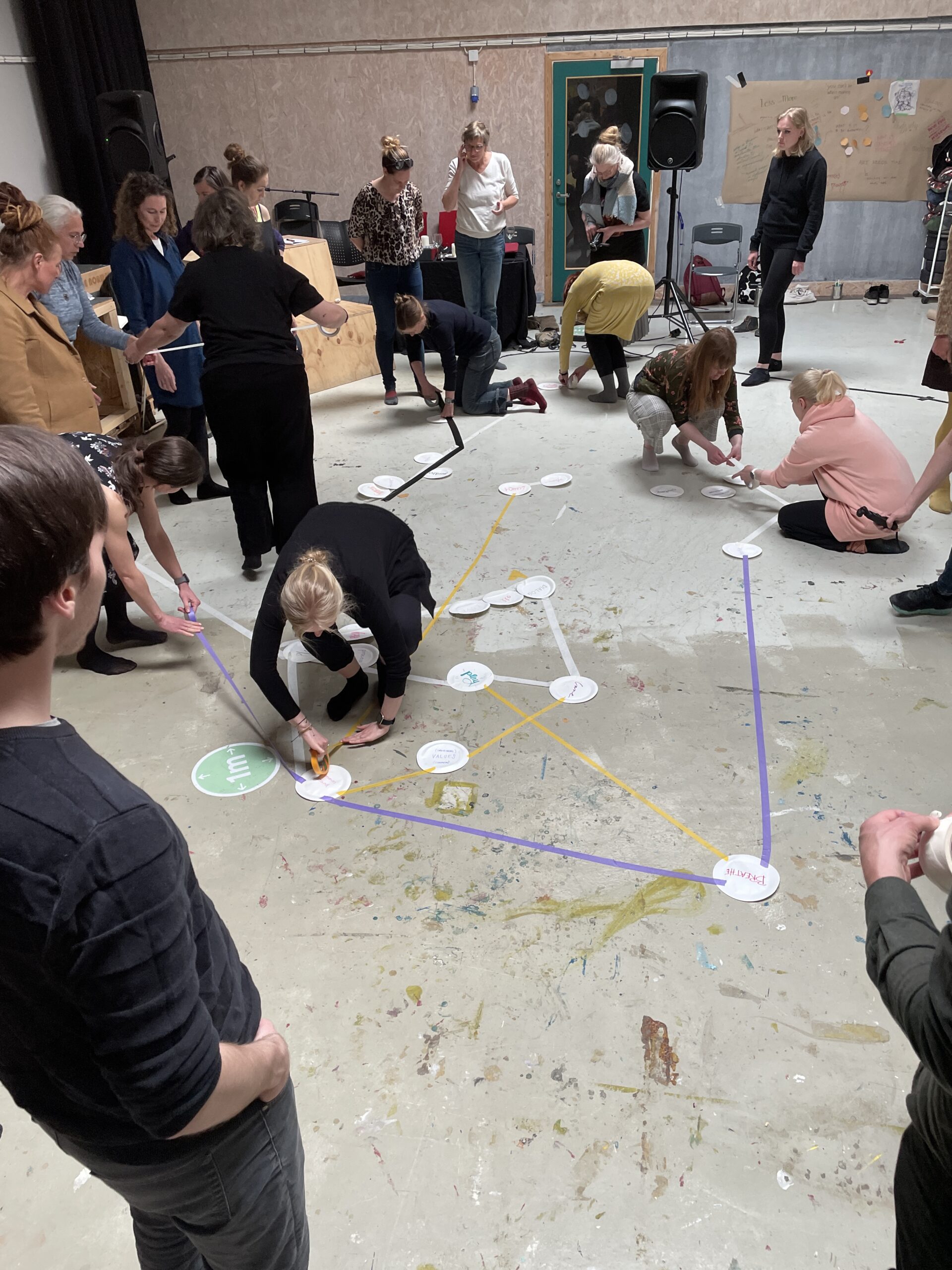
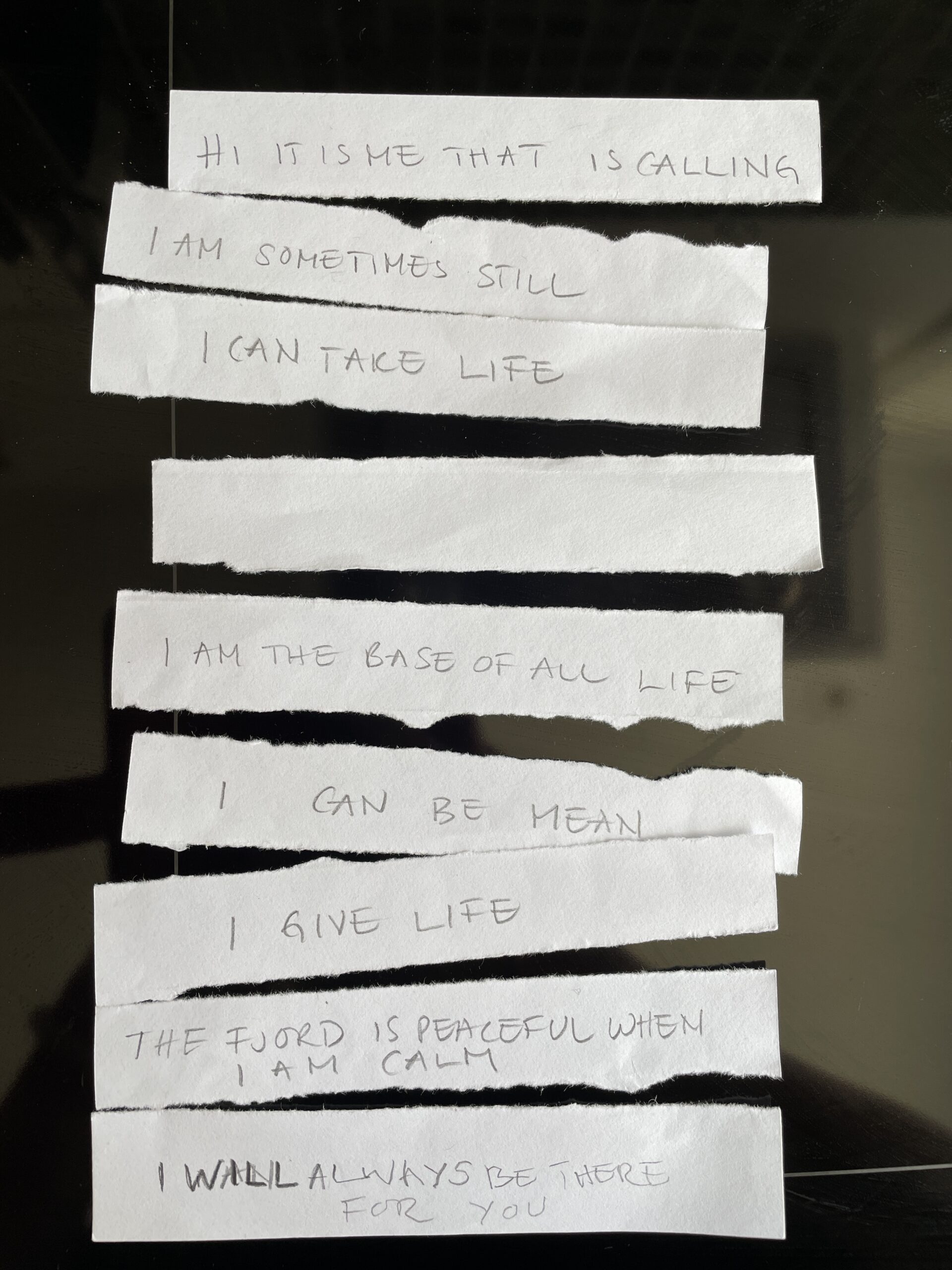
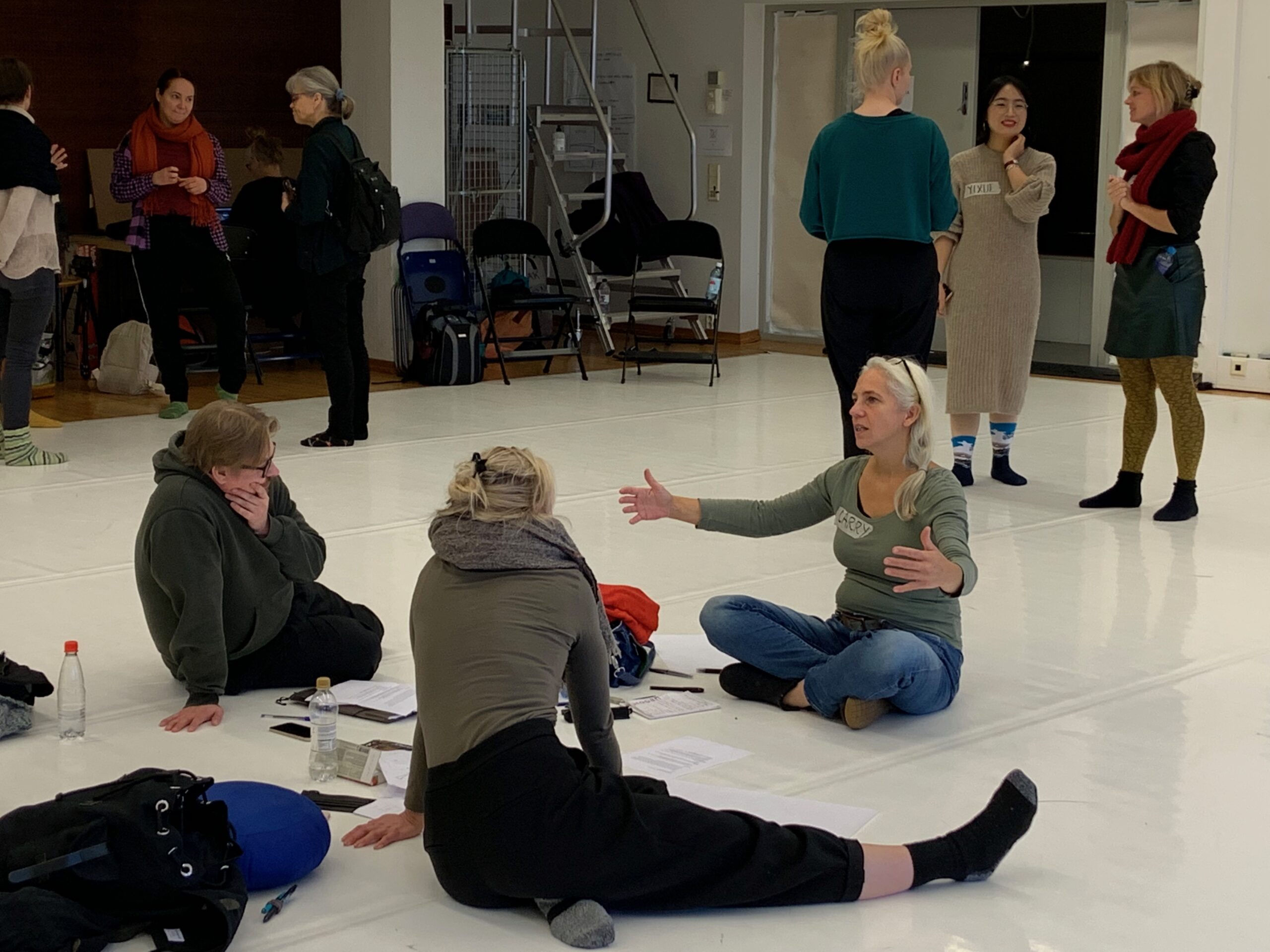
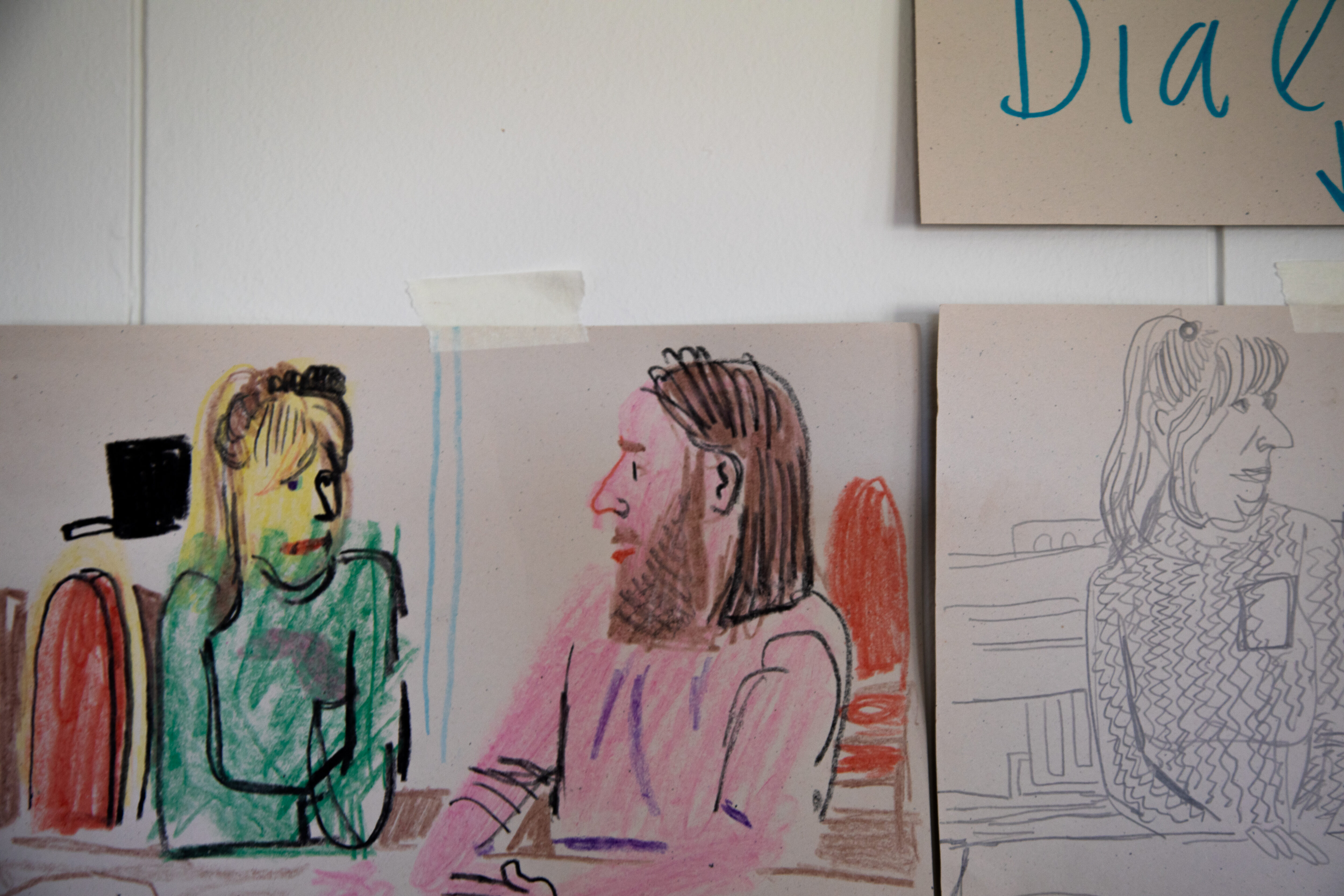
Towards a pedagogy of imaginative dialogues
During the project, experiences and experimental practices have been documented as well as the reflections upon them. This resulted in the writing of a series of theoretical and descriptive papers, the development of a format for multimodal reflective documentation, the articulation of an initial methodology, the establishment of a framework for a curriculum, and the collection of some concrete exercises and propositions in a digital toolbox.
The project involves four partners from four European countries:
The Master of Education in Arts at the Hanze University of Applied Sciences in Groningen.
The Master Arts Education at the Iceland University of the Arts in Reykjavik in Iceland.
The Master Fine Arts at the University of Agder in Norway.
The Master Theatre pedagogy and Dance pedagogy at Uniarts Helsinki in Finland.
Each of these transnational Master programs is directed at students who are (prospective) educators in formal and informal arts education but have different backgrounds in terms of artistic discipline and professional context. The project allowed these Master programs to join forces, complementing each other’s expertise, sharing and combining pedagogical approaches, skill sets, and teaching practices.
The project involves four different target groups as shareholders:
- the Master students of the five partners, all of whom are (prospective) teachers;
- their professors and lecturers;
- their pupils/participants in formal and informal educational settings (e.g., primary and secondary education, art academies, cultural institutions);
- local educational and cultural institutions involved in arts education.
Partner institutions


